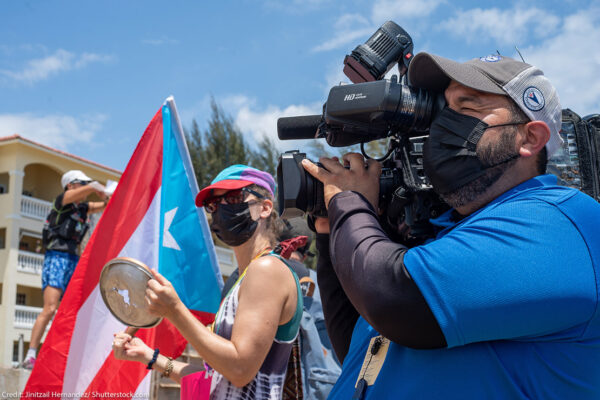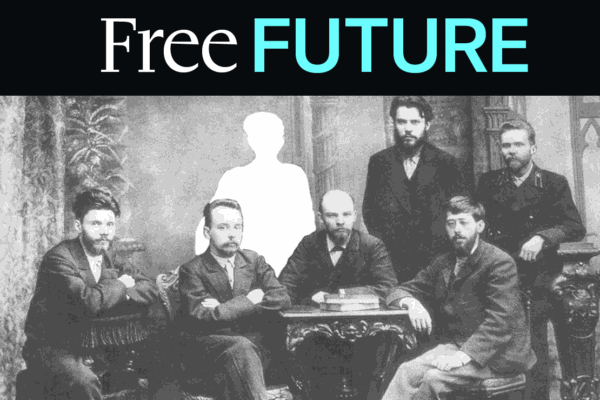Oregon Supreme Court Finds State's Harassment Statute Unconstitutional
FOR IMMEDIATE RELEASE
CONTACT: info@aclu-or.org
Decision Upholds ACLU of Oregon's Arguments
The Oregon Supreme Court today echoed the arguments of the ACLU Foundation of Oregon in its decision to reverse a Court of Appeals decision involving the "abusive speech" provision of the state's harassment law.
The case was a difficult one – involving racist and homophobic verbal harassment that tested the constitutional limits of the Oregon Legislature's power to create a crime based on speech alone – and the ACLU believes the Court decided correctly in labeling the state's harassment statute unconstitutional.
State v. Johnson is a Washington County case in which a driver, William Charles Johnson, used some sort of amplified sound equipment to hurl both racist and anti-lesbian epithets at two women – one of them an African American – in a vehicle that had moved in front of his truck when the road narrowed from two lanes to one. Johnson was convicted of violating a portion of Oregon's harassment law, which makes it a crime to "harass or annoy … by publicly insulting" a person using "abusive words or gestures…intended and likely to provoke a violent response."
The ACLU had filed a friend of the court brief in the case arguing the law violated protections of free expression contained in the Oregon Bill of Rights.
"This is the first appellate case involving a law that we said was unconstitutional when it was passed more than 20 years ago," said David Fidanque, Executive Director of the ACLU Foundation of Oregon. "We made the same argument in this case that we made back then: Speech alone, without an imminent threat of physical violence, cannot be criminalized in Oregon."
In its decision today, the Supreme Court noted that that the law, as it stands, "sweeps too much protected speech within its reach to survive a … challenge." And, Justice W. Michael Gillette wrote for the unanimous court, while Mr. Johnson's "expression may have been offensive … the state may not suppress all speech that offends with the club of criminal law.... Even when the legislature seeks to prevent violence produced by speech, it has to take care that it does not do so by criminalizing protected speech."
Fidanque said the ACLU has already been analyzing existing laws that could have been used in this case and whether there are other approaches that would avoid constitutional problems.
State v. Johnson involves the "abusive speech" provision of Oregon's Harassment law, not the state's Intimidation (hate crime) statute. The ACLU of Oregon was instrumental in rewriting the Oregon hate-crime law in 1983, ensuring its constitutionality. In 1989, ACLU and others succeeded in expanding the law to include protections for people targeted based on their sexual orientation. When that law was challenged in 1992, ACLU filed an amicus brief in support of the law, and the Oregon Supreme Court upheld it.
Regarding the "abusive speech" law, the Oregon Court of Appeals threw out an earlier version in 1984, and the ACLU urged the Legislature to repeal the law in 1985. Instead, the Legislature chose to rewrite it, despite ACLU warnings that the revisions were unconstitutional. State v. Johnson was the first appellate challenge in the 23 years since.
Today's decision reversed an earlier Court of Appeals decision, as well as the initial decision of the trial court.
ACLU's volunteer cooperating attorneys for the amicus brief were Nicholle Y. Winters, Julia E. Markley and Michael H. Simon of Perkins Coie LLP in Portland.
Read the Oregon Supreme Court decision here: www.publications.ojd.state.or.us/S055085.htm



